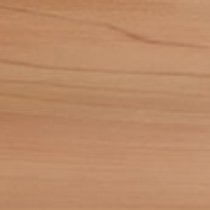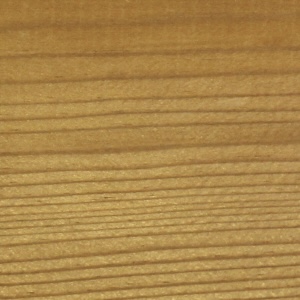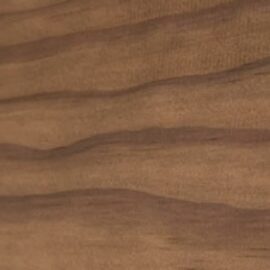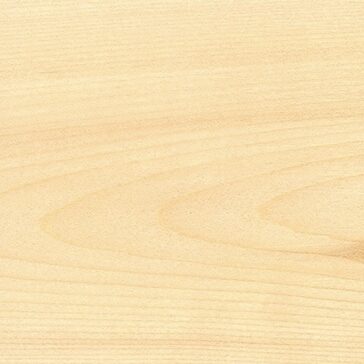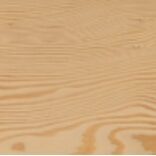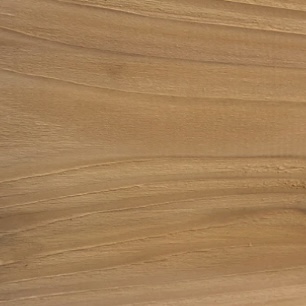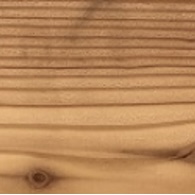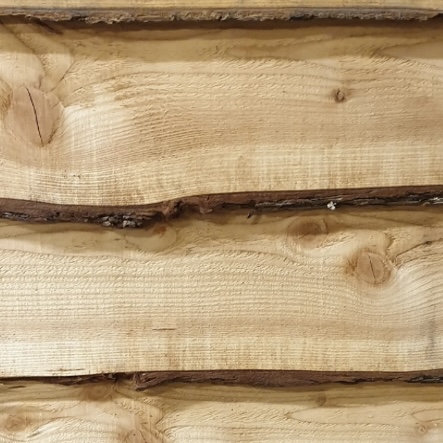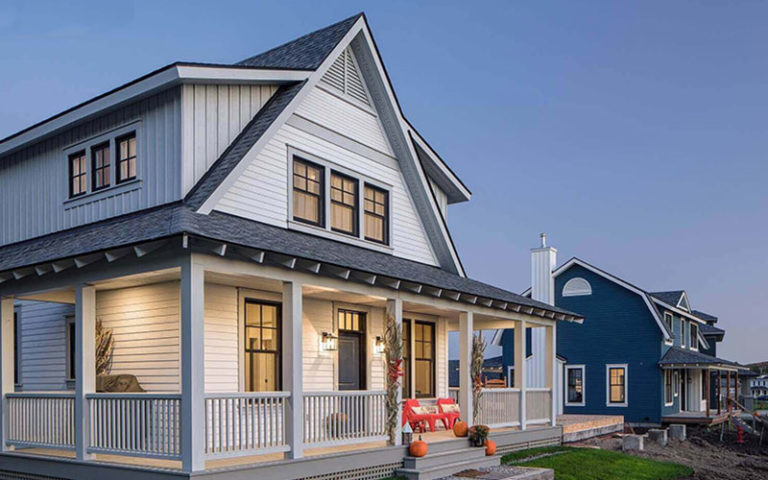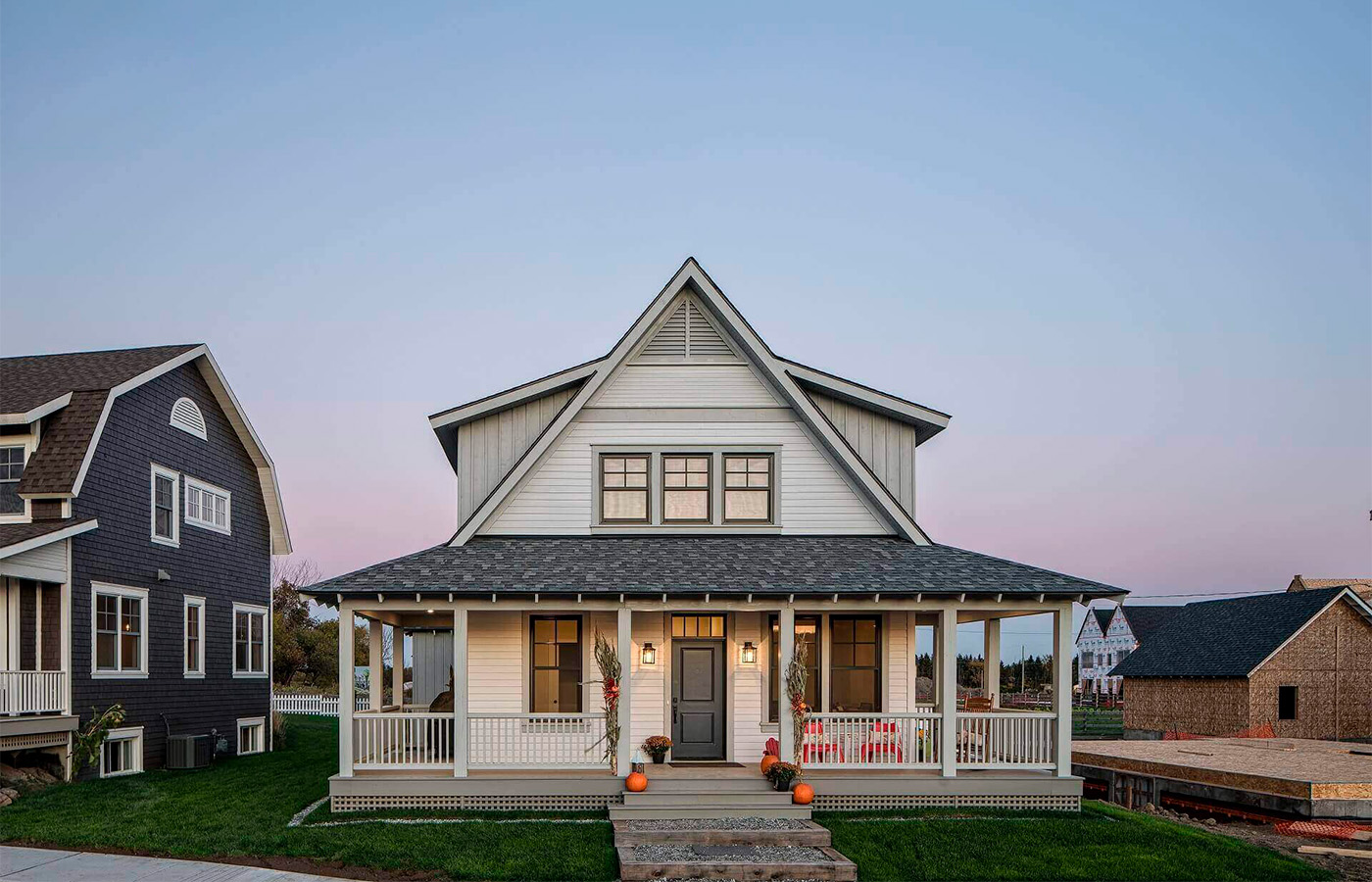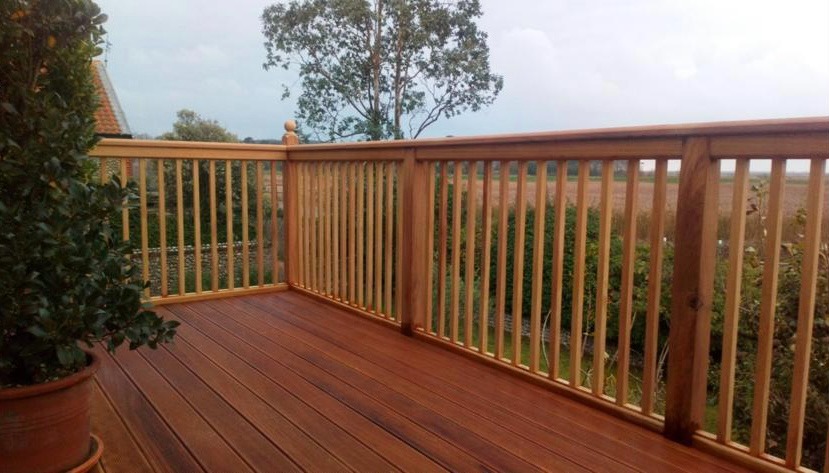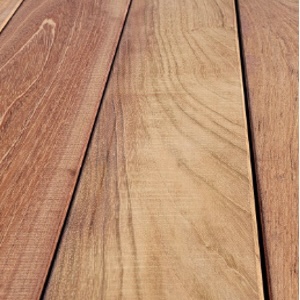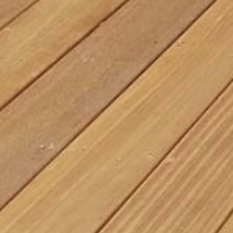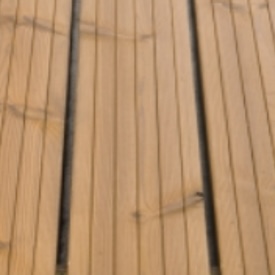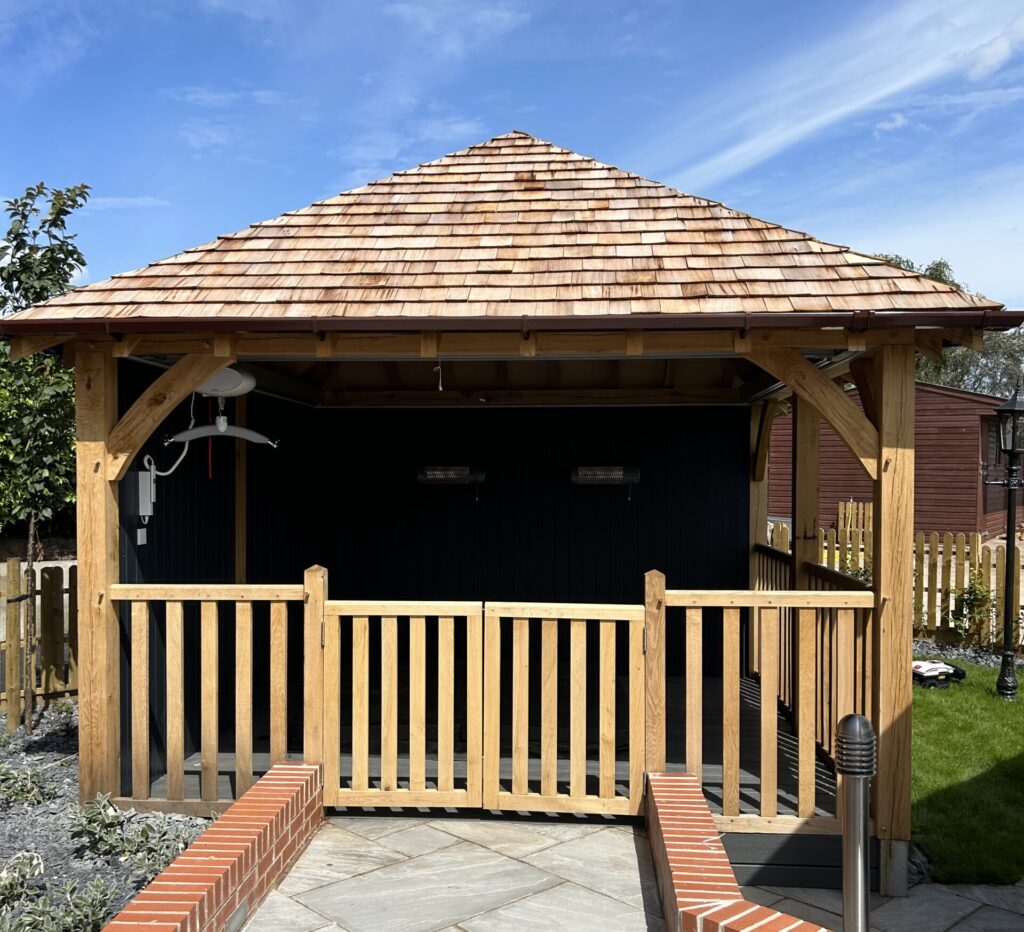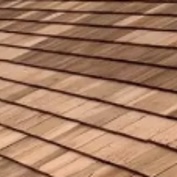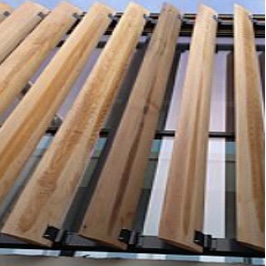Explore our range of products and services…
Our team have many years of experience working with architects, designers, specifiers and end users meaning that you can rely on us to offer our knowledge and advice from planning and building design through to completion.

Cladding
Timber cladding is a natural, effective product that offers many benefits to building design. Externally it can offer a durable, aesthetically pleasing outer shell to a building. Internally it provides a natural and creative finish to any room or feature wall.
